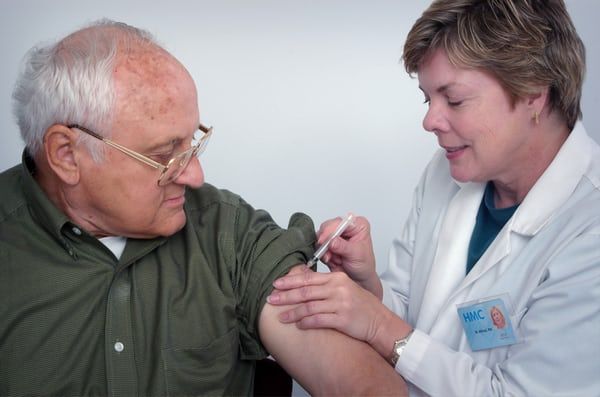Medical regulators in Europe have found heart inflammation to be
a ‘very rare’ side effect of COVID-19 vaccines made by Pfizer and Moderna.
According to the European Medicines Agency (EMA), the
side-effects are more common among younger men. Doctors and patients have been
advised to monitor symptoms of heart inflammation.
Five people are said to have succumbed to these side-effects,
reports BBC.
Also Read | Covaxin likely to get WHO approval in 4–6 weeks
The major symptoms of heart inflammation include: chest pain,
breathlessness and a fluttering or pounding heartbeat.
The vaccines have been linked to two conditions:
Myocarditis — inflammation of the heart muscle
Pericarditis — inflammation of the pericardium, the fuel-filled
sack the heart sits in.
Upon analysing the cases linked to side-effects, the EMA found
145 cases of myocarditis and 138 cases of pericarditis linked to the
Pfizer-BioNTech vaccine out of 177 million doses given; and 19 cases of myocarditis
and 19 cases of pericarditis out of 20 million doses given.
Also Read | World must invest more to avoid COVID repeat: G20 panel
“The chance of these conditions occurring is very
low, but you should be aware of the symptoms so that you can get prompt medical
treatment to help recovery and avoid complications,” the EMA has said.
The UK-based Medicines and Healthcare products Regulatory Agency
(MHRA) is also probing the link between vaccines and heart disease. The agency
reported “a consistent pattern of cases occurring more frequently in young
males and shortly after the second dose of the vaccines”.
MHRA maintained that such reports are extremely rare and such
cases are extremely mild with individuals recovering within a short period of
time. Most cases are reported within 14 days of vaccination.
Also Read | US star swimmer declines to take COVID vaccine ahead of Tokyo Olympics
The link with heart inflammation has only been found in the
vaccines that rely on mRNA technology to train the immune system. No link has
been found with vaccines such as Oxford-AstraZeneca or Johnson & Johnson’s
Janssen, which use a genetically-modified virus.
However, the EMA has
advised patients with a history of capillary leak syndrome should avoid taking
the Janssen vaccine. Capillary leak syndrome is a rare but serious syndrome in
which fluid leaks from the blood vessels into the body.







